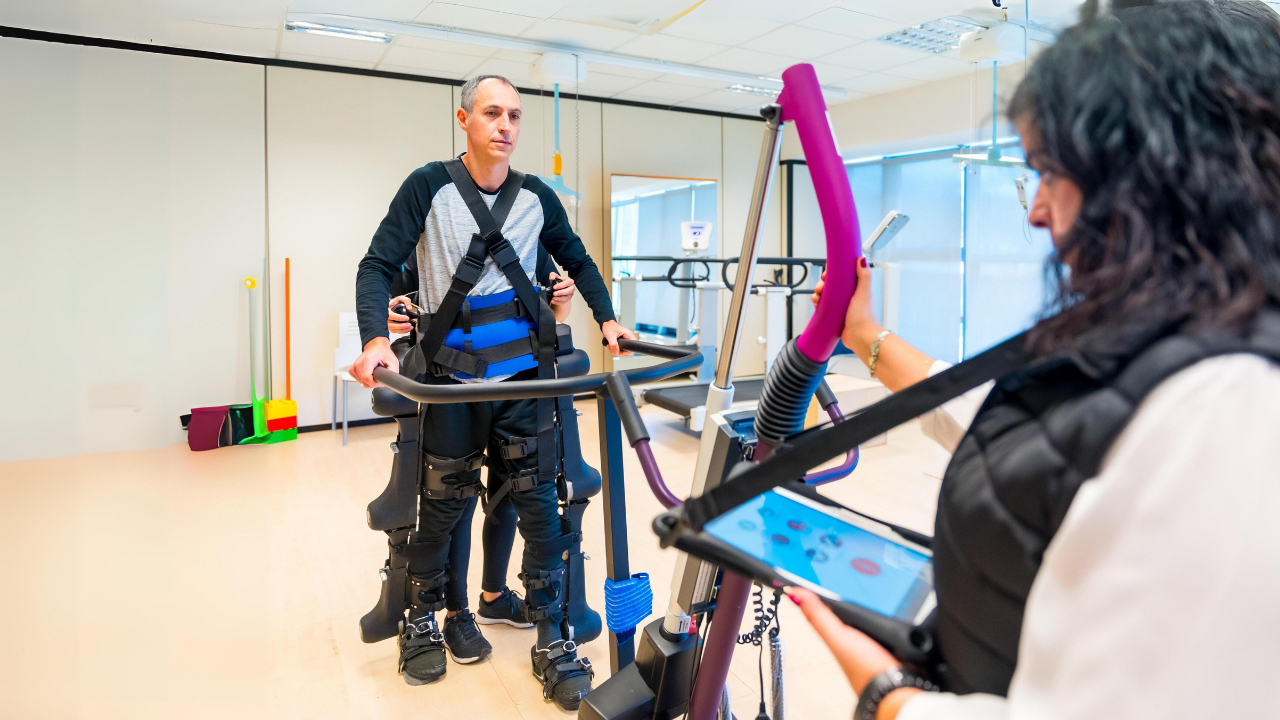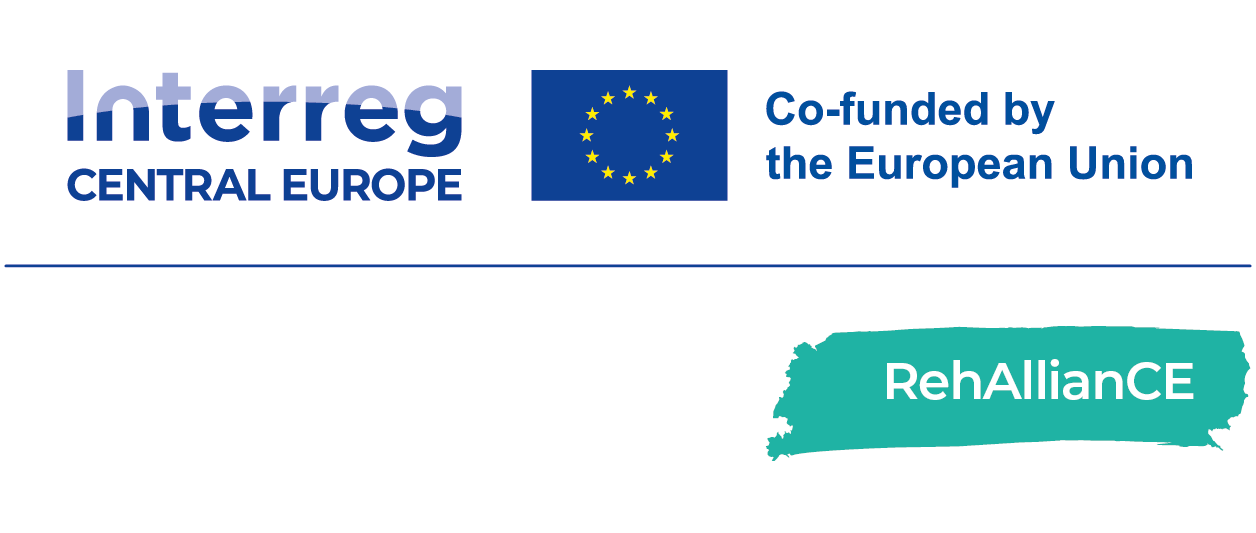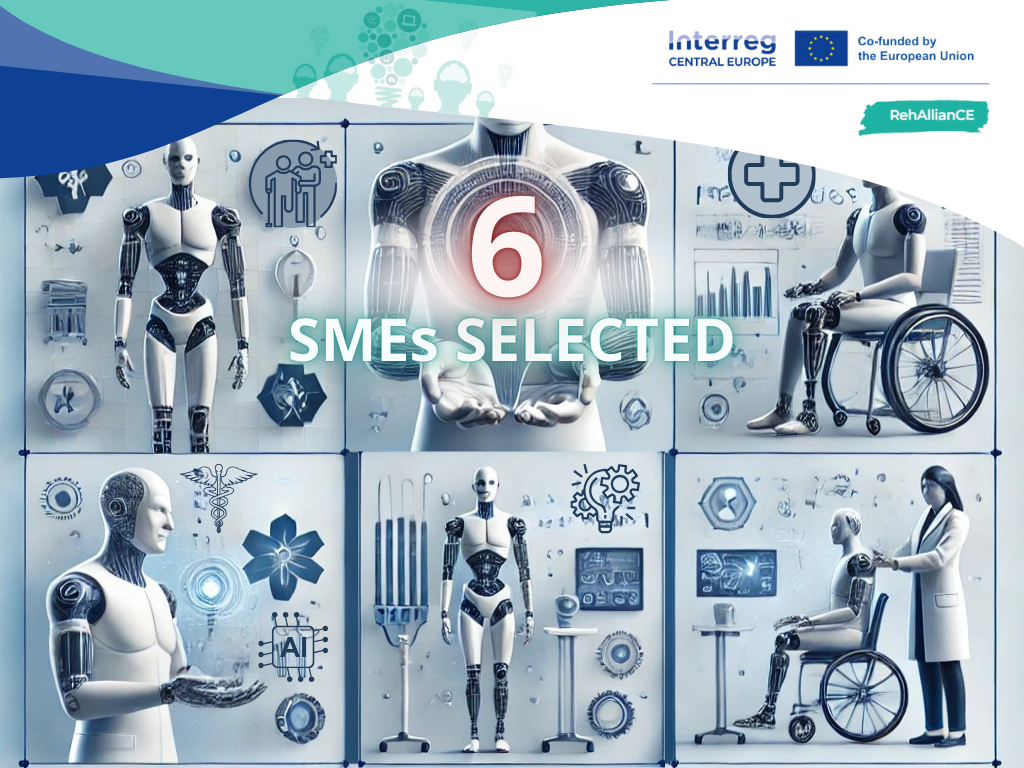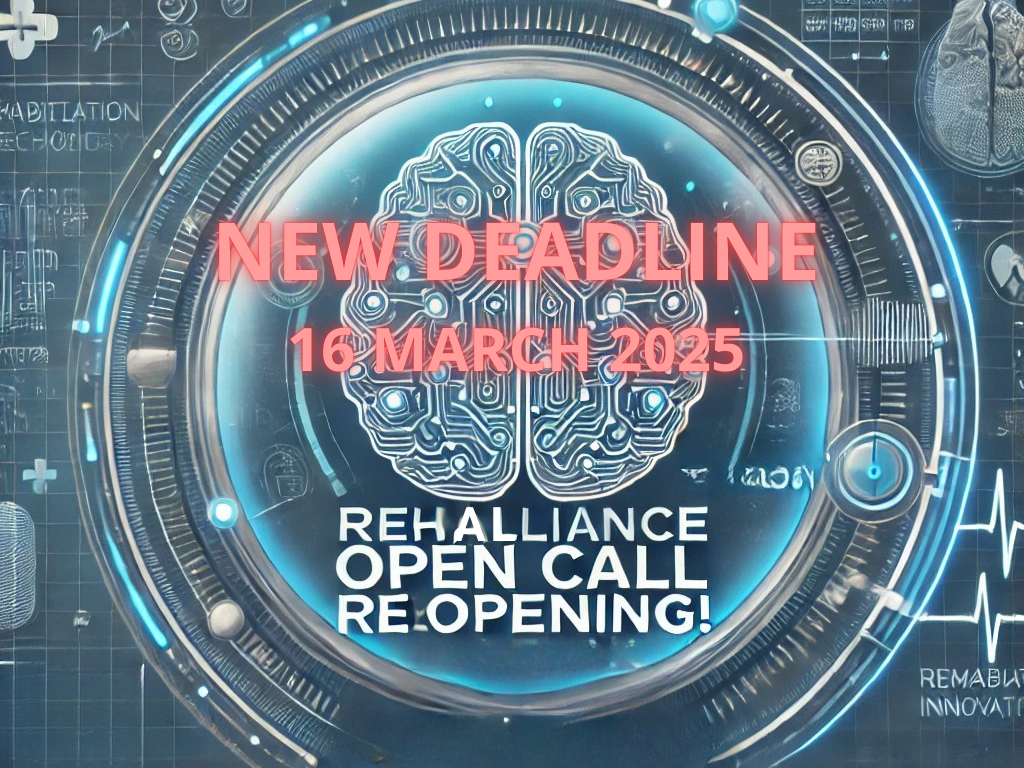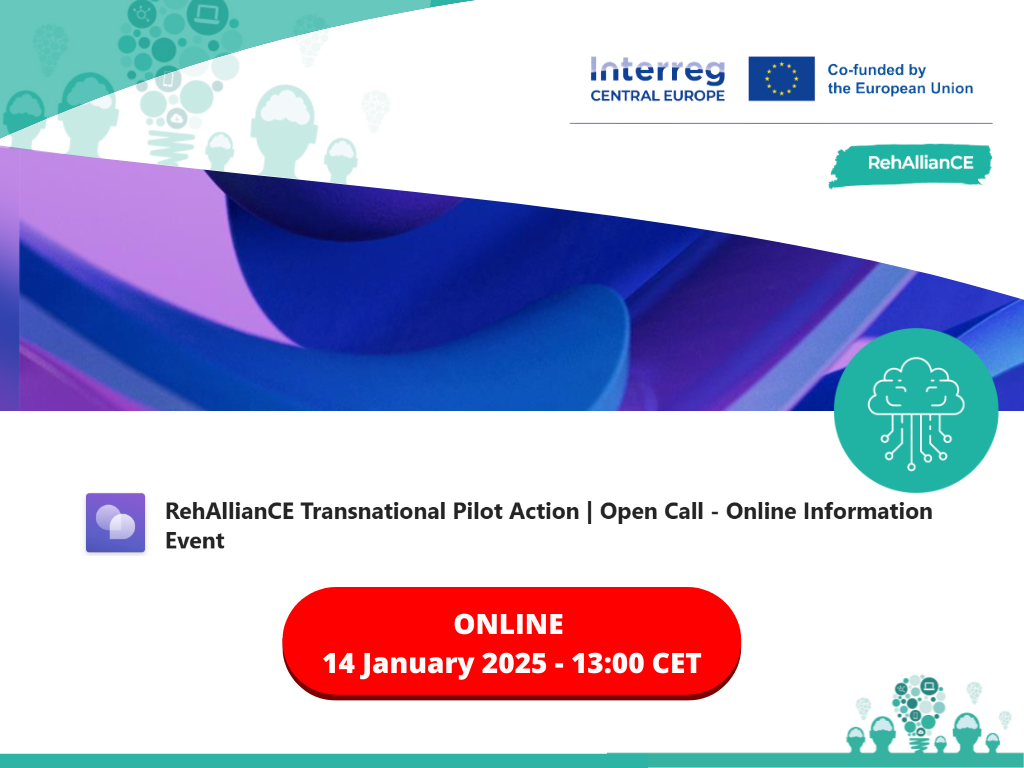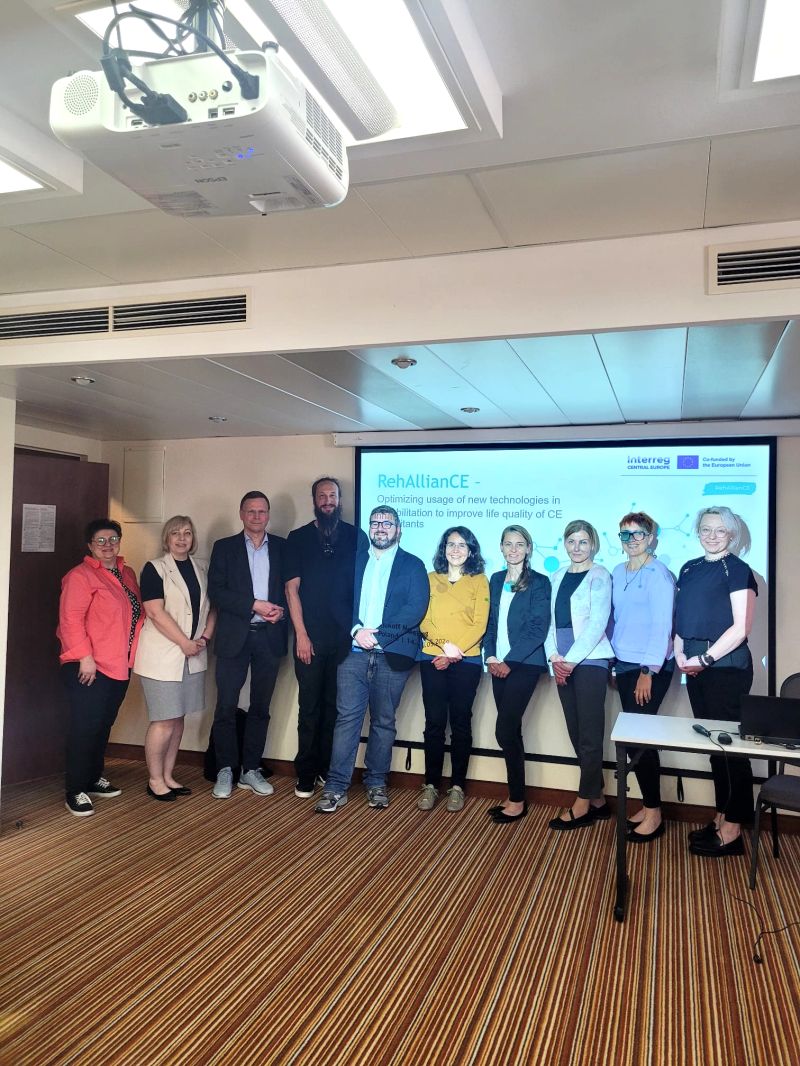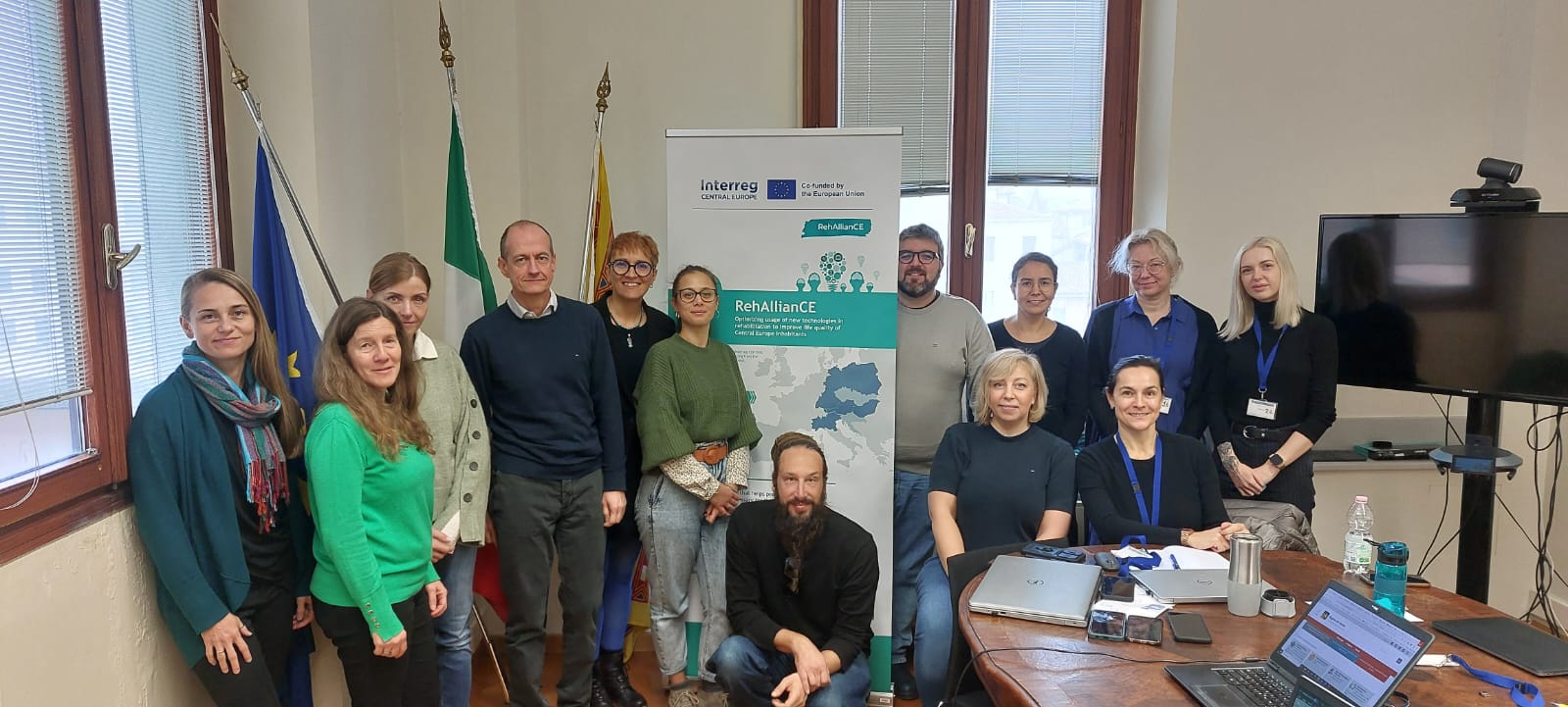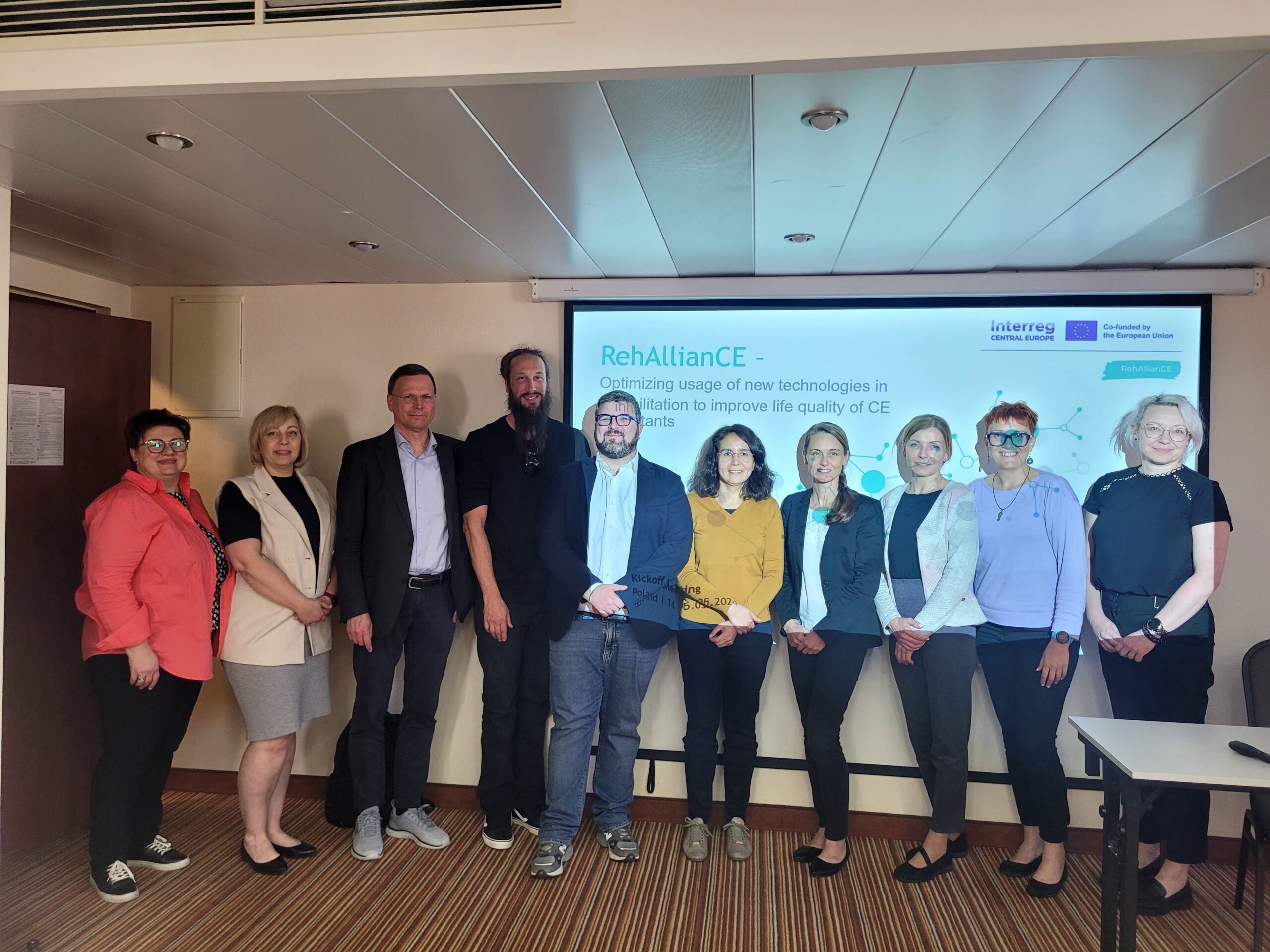Project overview
Optimizing usage of new technologies in rehabilitation to improve life quality of Central Europe inhabitants
Rehabilitation is care that helps people get back or improve abilities necessary for their daily life. The challenge is that such a care often lies with the family without much systemic or technological support. The RehAlliance project helps MedTech companies to break-through and accelerate the commercilisation of their products. The project partners share experiences and good practices to develop a set of policy recommendations to improve the health care sector’s innovation governance. They will test new technologies, such as rehabilitation robots or exoskeletons, assistive devices, wearables or telemetric tools.
-
1,58m €
-
Project Budget
-
80%
-
of the Budget is funded by ERDF
-
5
-
Countries
-
5
-
Regions
-
6
-
Partners
-
6
-
Pilots
Duration
Start date
End date
Project progress
Project partnership
Project partners

Lead partner
Upper Silesian Accelerator for Commercial Enterprises Ltd.
Consulting, Training and Marketing Departament - Regional Centre of Innovation and Technology Transfer MedSilesia Cluster
Project partner
PBN Szombathely
The Institute for Applied Research on Ageing (IARA)
BioRegio STERN Management GmbH
NSBPROJECT Venezia
ProMIS - Programma Mattone Internazionale Salute
Roadmap
THE CHALLENGE

The main objective of the RehAllianCE project is to eliminate economic and social disparities in healthcare by improving access to innovation and research in the rehabilitation sector through models developed by pilot actions, helping and supporting MedTech companies to break through and accelerate the commercialisation of their products.
THE MAIN PROBLEM

The structure of the population, and particularly its ageing, is one of the factors driving the increase in health expenditure. In addition, the burden of caring for patients often falls on their families, not to mention the lack of equal access to care between urban and rural areas and the lack of coordination between public and private healthcare systems.
THE IDEA
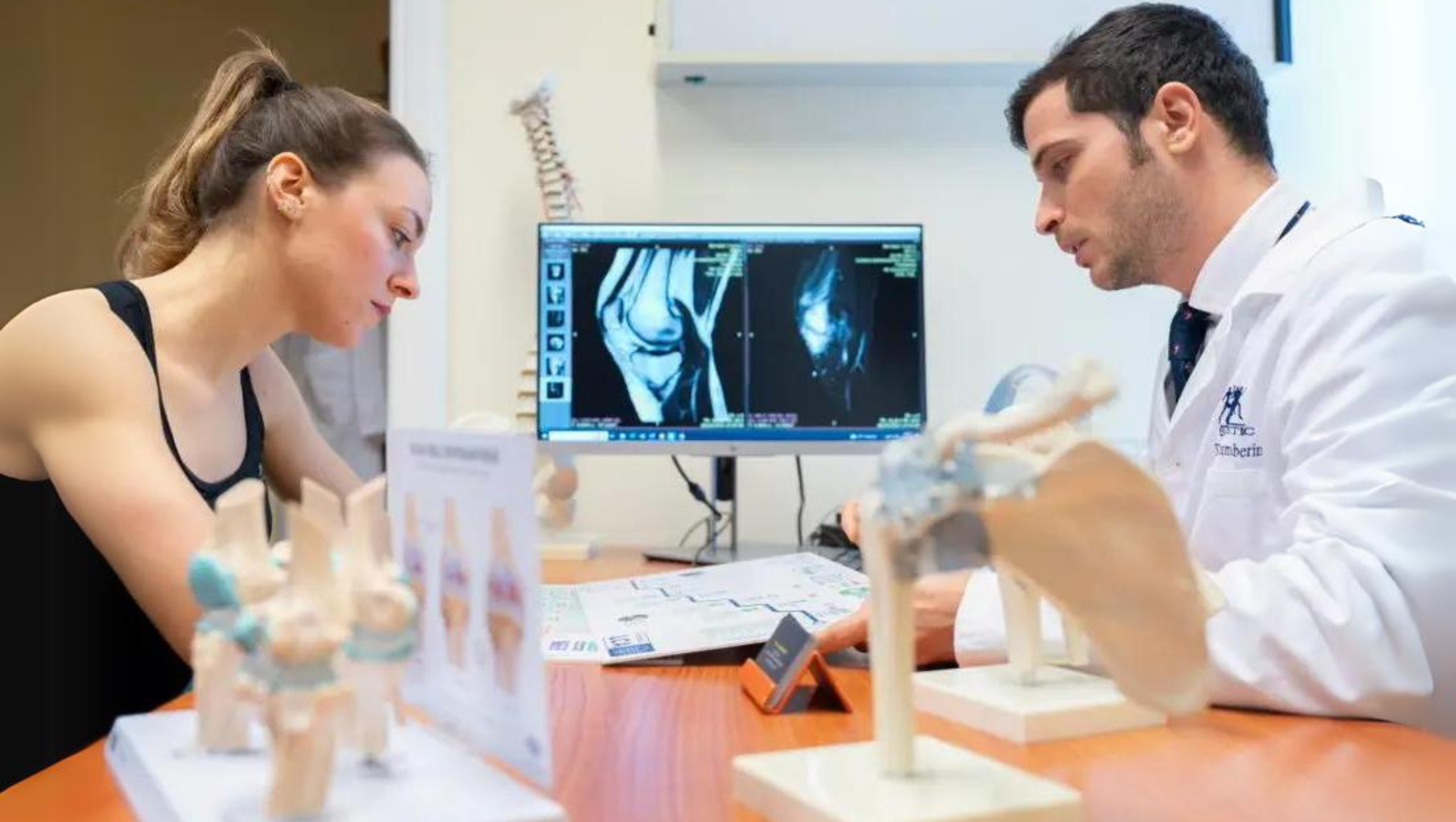
The project aims to address these challenges by developing solutions along two dimensions: social and technological. 1.Social: to identify a systemic or model approach for the rehabilitation of all patient groups (elderly, stroke/cardiac surgery patients, disabled children, adolescents with spinal degeneration, etc.). 2.Technological: to find common solutions for the MedTech manufacturing industry, which requires a transition to advanced technologies and a digitally skilled workforce.
OUR SOLUTION

RehAllianCE project proposes new models for financing and organising specialised rehabilitation services, creating systemic solutions to support new technology providers, improving policy learning, strengthening the capacity of innovation actors and increasing collaboration within and between regional innovation systems.
HOW?
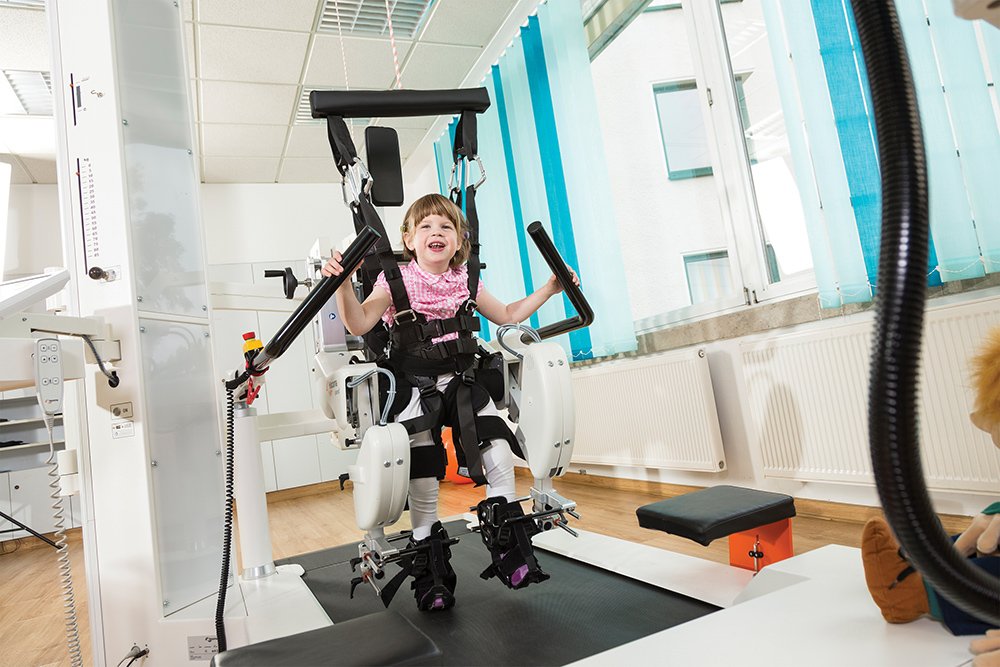
By strengthening SME support services to improve access to rehabilitation technology research and innovation (R&I). This will be done by helping MedTech companies break through and accelerate the commercialisation of their products, providing systemic and technological support for long-term solutions, building on local strengths. Strengthening the innovation capacity of SMEs will not only stimulate regional economies, but also provide the best care to patients in need, regardless of their location (rural/urban) and financial situation.
HOW IT WORKS

Project partners will share experiences and best practices to develop a set of policy recommendations to improve the governance of innovation in the health sector. RehAllianCE will test new technologies such as rehabilitation robots or exoskeletons, assistive devices, wearable devices or telemetric tools. In addition, by leveraging local strengths, RehAllianCE will provide systemic support to SMEs to improve their R&I potential, cooperation between areas with different levels of research and innovation capacity. The solutions and models to be developed on the basis of the pilot actions carried out within the project will improve access to research and innovation in the field of rehabilitation technologies. Finally, in order to ensure the usability, transferability and quality of the delivered results, representatives from different regions with different approaches/models/levels of innovation capacity will be involved in the whole process.
THE AIM
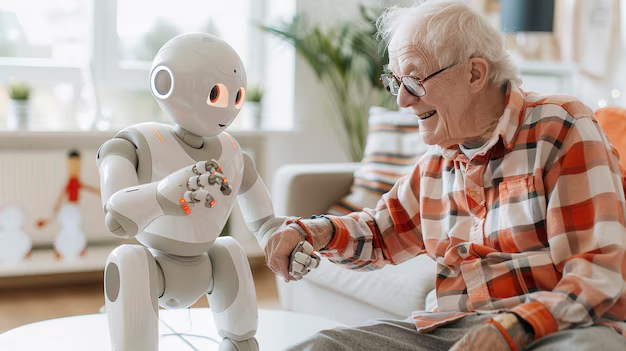
The main change we want to bring about is to provide solutions that will, in the long term, eliminate economic and social inequalities by ensuring access to medical services, prevention, treatment and rehabilitation. Eliminating the obstacles to cooperation between science and business requires the implementation of systemic mechanisms, also in terms of monitoring R&D activities for the benefit of business and improving the management of scientific and technological development. One of the ideas of the project, which aims to meet the challenge of supporting cooperation between science and business and improving the skills of companies, is to develop a wide range of activities and services. The activities planned by the project partners will lead to the development, implementation and dissemination of new service models.
IMPACT/RESULTS

- Stakeholders can benefit from best practices and models from across the EC and beyond. - The development of methodological solutions in a transnational co-design approach will ensure their testing in different regional contexts, which will ultimately demonstrate their transnational replicability. - Mutual learning between partners during pilot actions will increase the efficiency and applicability of the solutions to be tested. - Promoting innovative solutions at transnational level will avoid duplication and increase the efficiency of Smart-Rehab-INDEX implementation.
News
Events
Project documents
Project images
RehAllianCE
The project lead partner is responsible for the content of this project website.
